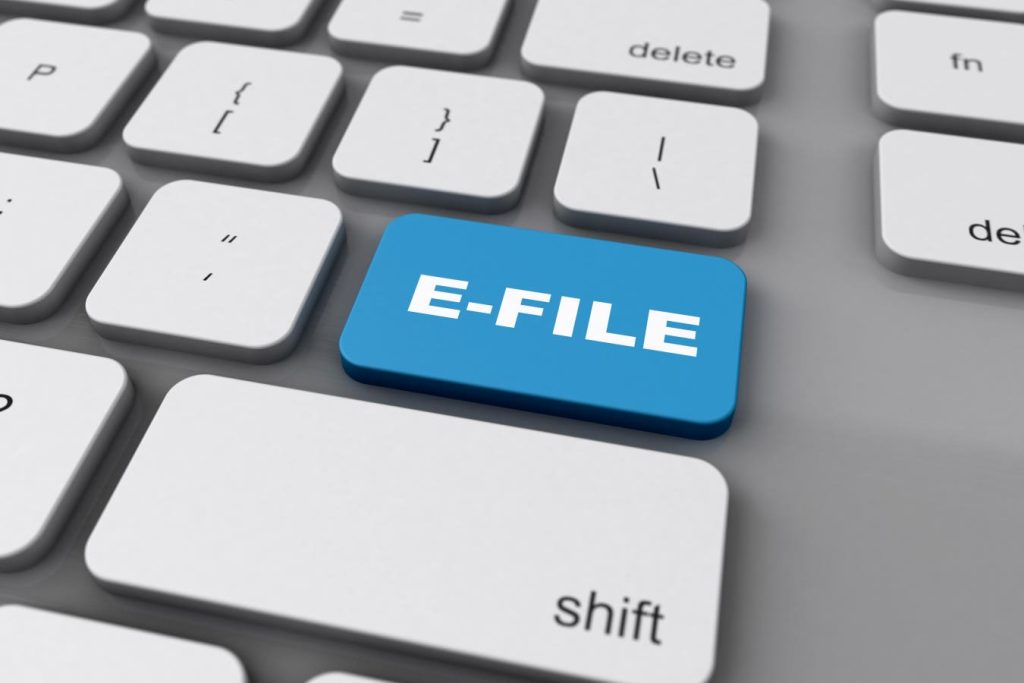H&R Block Settles FTC Charges, to Pay $7 Million and Revamp Online Tax Filing Practices
The Federal Trade Commission (FTC) has concluded a year-long investigation into H&R Block, culminating in a settlement requiring the tax preparation giant to pay $7 million in consumer redress and implement significant changes to its online tax filing platform by the 2025 tax season. The FTC’s complaint alleged that H&R Block engaged in deceptive advertising practices, misleading consumers about the availability of free online tax filing services. The company also faced criticism for its cumbersome downgrade process, which often involved deleting user data and requiring direct contact with customer service, creating unnecessary obstacles for taxpayers seeking more affordable options.
The core of the FTC’s complaint centered on H&R Block’s advertising of "free" tax filing products, which, the FTC argued, were not truly free for a substantial portion of taxpayers. The company allegedly failed to clearly disclose eligibility requirements and the specific tax forms and schedules covered by these free products. This lack of transparency resulted in many consumers investing time in completing their tax returns using these supposedly free products, only to discover later that they were ineligible and required to upgrade to a paid version. The FTC highlighted the stark contrast between the difficult downgrade process and the relatively seamless upgrade process, suggesting a deliberate attempt to steer consumers toward more expensive products.
Under the terms of the settlement, H&R Block is mandated to simplify the downgrade process by February 15, 2025. Consumers will be able to downgrade their chosen tax product through automated means, such as chatbots, eliminating the need to contact customer service representatives. A more significant change will take effect by the 2026 tax season, requiring H&R Block to preserve user data during downgrades. This means that if a consumer downgrades back to their original product, their previously entered information will be retained, allowing them to seamlessly resume their tax preparation from where they left off. This addresses a key consumer complaint regarding the frustration of having to re-enter data after a downgrade.
In addition to these procedural changes, H&R Block is also required to enhance the transparency of its advertising practices. The company must clearly disclose the percentage of taxpayers eligible for their "free" products or explicitly state that most taxpayers do not qualify. This measure aims to provide consumers with a more realistic understanding of the actual costs associated with using H&R Block’s online tax filing services. The $7 million settlement payment will be used to compensate affected consumers and cover related expenses. H&R Block is required to provide the FTC with specific customer information to facilitate this compensation process.
To ensure future compliance, the settlement mandates that H&R Block retain relevant records, including revenue data from its DIY online products, consumer complaints, refund requests, and advertising materials, for a period of up to five years. This documentation will allow the FTC to monitor H&R Block’s adherence to the settlement terms and identify any potential future violations. While H&R Block has not admitted to any wrongdoing, the company has expressed its commitment to implementing the required changes and focusing on serving its clients during the upcoming tax seasons.
The FTC’s unanimous vote to approve the final order underscores the seriousness of the allegations against H&R Block. However, Commissioner Andrew Ferguson expressed reservations about one specific count related to the marketing of the company’s free online tax preparation product. He had hoped for further legal guidance from the U.S. Court of Appeals for the Fifth Circuit regarding similar claims in a separate case involving Intuit, the maker of TurboTax. The Intuit case raises questions about the FTC’s administrative process and its authority to issue cease-and-desist orders. This legal challenge mirrors similar arguments raised against the FTC’s authority to ban noncompete contracts, also currently under review by the Fifth Circuit.
Finally, for taxpayers seeking free tax filing options, the IRS offers several programs, including DirectFile and Free File. Free File, accessible through the IRS website, provides a selection of private-sector partners offering free tax preparation services to eligible taxpayers. Generally, taxpayers with an Adjusted Gross Income (AGI) of $84,000 or less in 2024 qualify for these services. Each partner sets its own eligibility criteria based on factors such as age, income, state residency, and military status. For those with AGIs above $84,000, Free File Fillable Forms (FFFF) are available, offering electronic versions of IRS paper forms for taxpayers comfortable preparing their own returns using IRS instructions. Free File services will open on January 10, 2025, providing taxpayers with free options for filing their 2024 tax returns.











